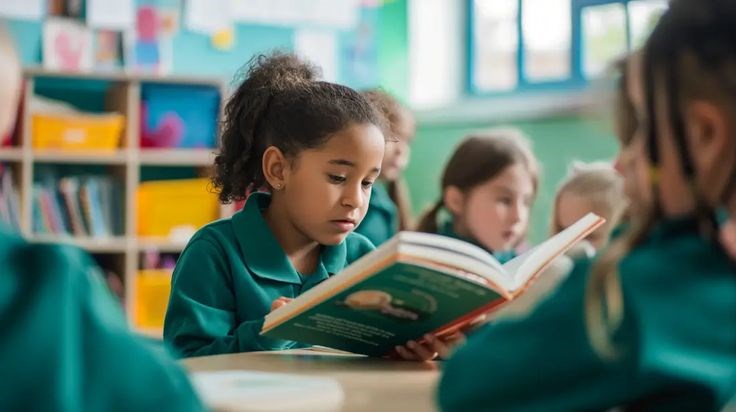Early childhood education plays a very important role in later achievement as it lays down the foundation for cognitive and social learning. If children are enrolled in a quality early childhood learning center they gain better literacy, mathematical problem solving and abstract thought. These give early development soils good problem-solving skills, flexibility and attitude towards learning that contributes to their academic and even their career progress.
One important aspect of child development that received a boost from early childhood education is cognitive development. These kinds of learning contexts help in language and numeracy and working out and memory span improvement. The development of basic skills through educational activities in the preschool age enhances problem-solving skills to enable the child to solve the problems encountered when learning in the later-age classes. All the above has a negative impact and without intervention, children are left behind hence the achievement gap and limitations of opportunity are expanded.
Apart from academic development, early education is critical in molding desirable social and emotional development among children. Character, manners, thought processes, understanding of rights and wrongs, communication, coordination, self-discipline, and more are all learned at this age for a better academic life and life in general. It refers to the uplifting of the child up spiritually so as to stand pressure and failure and work towards positive relationships in order to gain mastery of social relationships in education and life.

Education at an early stage also leads to quality high school completion besides enhancing career progression. According to various research, children who attend preschool are likely to drop out of school or get a lower paying job. Self-confidence and assertiveness, problem solving abilities developed at a tender age become very useful when they grow up as they help acquire better educational achievements and have better job prospects and financially secure future.
Education in the early years reduces achievement gaps and fosters equity. Executive Summary High quality preschools are beneficial to disadvantage children in the sense that they assist in decreasing the achievement gap that usually follows them throughout their education. When children are provided with proper education, they grow to be responsible citizens who are able to develop the nation's economy as well as maintaining social harmony for the benefit of every member and play the role of constructing a good future for the individuals as well as society.
Conclusion
Pre-school education plays a significant role in children’s success throughout their academic years and career. It enhances cognitive, social and emotional competencies hence it increases achievement and graduation outcomes. This means that investing establishments for young children provision contribute towards social equity, minimize gaps, prepare educated workforce capable of enduring future change and in the long run act as harbingers to economic improvement.